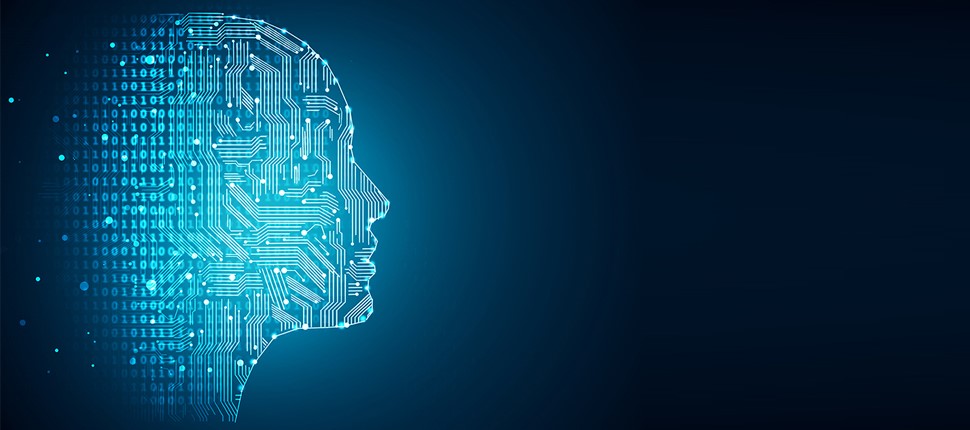Artificial Intelligence (AI) is an ever-growing and ever improving intelligence that, as some people might describe as, is taking over modern society.
Despite the fact the AI has been around for many decades, it is only in the past ten years that it has really sky-rocketed in its use and knowledge. Is AI going to take over all jobs that humans once fulfilled? This is the question that is discussed frequently among thousands of businesses, with the worry that there will not be any jobs left for humans in time to come. The subject in question is especially a discussion among the translation industry, as Machine Translation (MT) is becoming more and more intelligent by the month. Will human translators soon be no longer of importance?

When we think of how AI is being integrated into the translation process, we often think of it in a negative way, but in retrospect, there are so many positive aspects of being able to use AI in order to help us. Let’s focus on this most important aspect:
Making lengthy and repetitive tasks simpler
Many translators will know the struggle of formatting a text. This is something that usually takes longer than the actual translation itself. By using AI applications, such as Trados, we can save ourselves so much time while it recreates the format for us. As well as this, when we use these applications that save previous translations completed, if it recognises similar phrases or sentences it has already seen, it will save you the job of having to manually translate the phrase again. A good example of this is the manuals that, for example, a phone company will use. Each model of their phone will have slightly different changes, but in the grand span of things, the booklet should follow a similar pattern. Once upon a time, translators would have to translate documents with such similarities multiple times over before the use of AI, but now with this intelligence, the translations automatically saved will greatly reduce the length of time a translator will spend on a text.
Continuing on from this theme of saving time, AI allows us to spend less time focusing on translating a text word for word, where we can now simply check over the MT text, looking for errors or phrases lost in translation. With these benefits taken into account, the significance of AI is so strong in the translation industry today, and the translation process seems to be changing constantly.
But will human translators soon be out of a job? The answer to this is most likely not. As intelligent as our computers are nowadays, we will always need the job of a human translator, due to the fact that languages have so much variety in their meaning. It seems highly unlikely that AI will be able to grasp 100% fluency and meaning within a language. However, we will most definitely see both AI and human translators working side-by-side to make the whole translation process that much smoother in the years to come.
